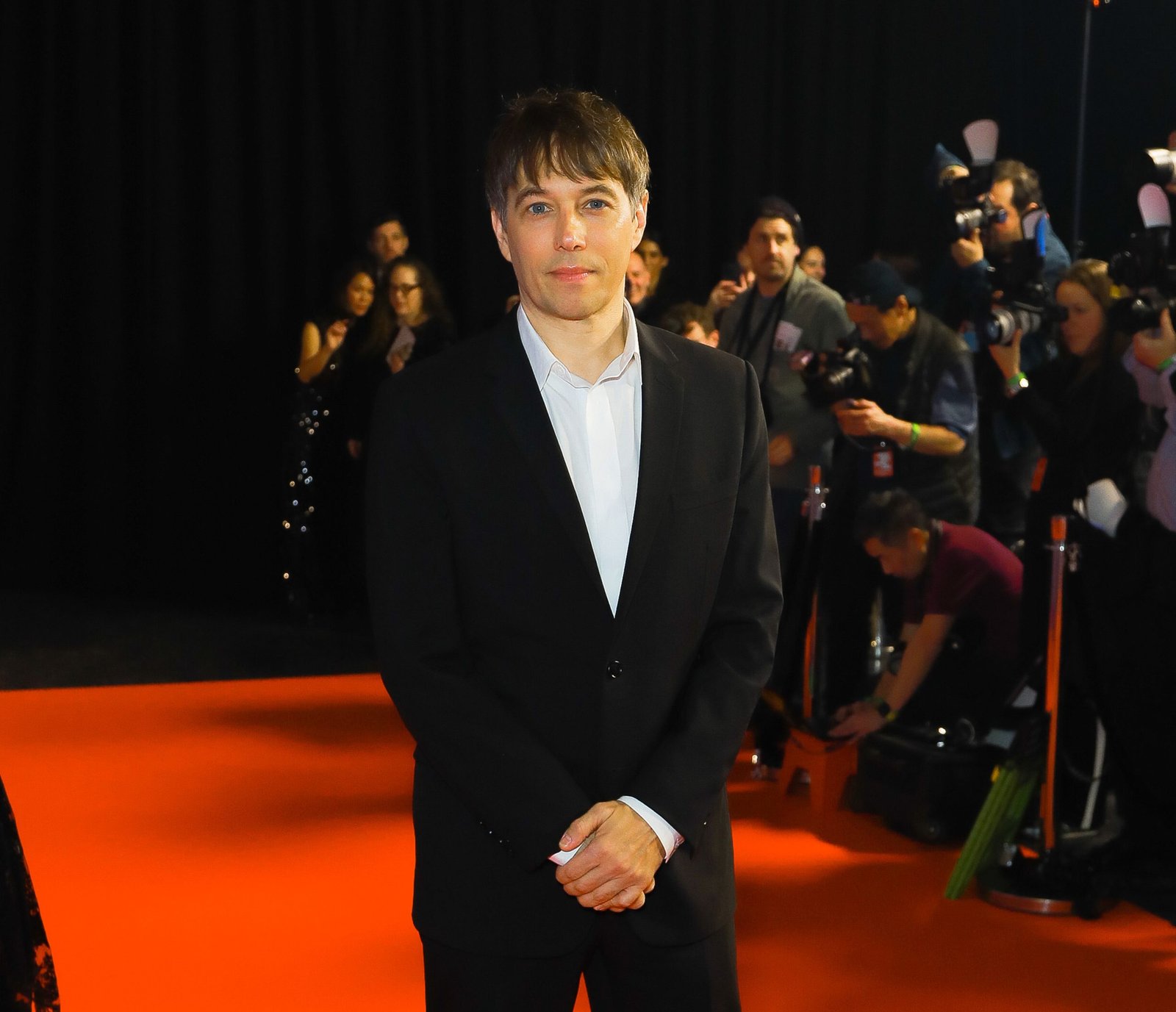In an era when superhero franchises dominate multiplexes,Sean Bakerhas achieved the improbable. His latest film "Anora," a gritty yet whimsical tale of a Brooklyn exotic dancer who spontaneously marries into Russian oligarchy, captured thePalme d'OratCannes—marking a watershed moment for American independent cinema.
The victory feels less like a breakthrough than a vindication for Baker, 53, whose singular vision has long existed on cinema's margins. Since his 2012 film "Starlet," he has crafted intimate portraits of sex workers with an anthropologist's eye and a humanist's heart. Where others might see statistics or stereotypes, Baker finds stories burning to be told.
"There's a million stories to be told in this world," Bakertold The Associated Press, recalling early conversations with cinematographerRadium Cheung. That world—the complex ecosystem of sex work—has become Baker's creative wellspring, yielding acclaimed works like "Tangerine" and "The Florida Project."
His path to Cannes glory wasn't conventional. After NYU film school, where he dreamed of making "Die Hard," Baker found himself battling addiction, eventually rebuilding his life while living above a Chinese restaurant. Those conversations with immigrant delivery workers became his first real breakthrough, "Take Out"—setting a pattern of finding cinema in overlooked corners of American life.

"Anora," starring breakout talentMikey Madison, represents Baker's most ambitious collaboration yet. In one scene, he sent Madison into a Brighton Beach pool hall with no script, just a character to inhabit and real locals to interact with. This ground-level authenticity, along with Baker and producer-wife Samantha Quan's hands-on approach to even intimate scenes, sets his work apart in an increasingly artificial cinematic landscape.
[Error processing image]
Despite thePalme d'Orwin positioning "Anora" as anAcademy Awardcontender, Baker remains focused on larger goals. He sees his film, alongsideBrady Corbet's "The Brutalist," as proof that compelling cinema can be made outside the studio system's bloated budgets.
"Right now, it's panic in LA," Baker observes. "I'm like: We don't have to make films for that much." It's a radical proposition in 2024—that cinema might find its future by looking to its scrappy past. But then, Baker has always been more interested in the stories hiding in plain sight than the ones playing on every screen in America.
In black tie at film festivals, Baker cuts an unlikely figure for a cinematic revolutionary. Yet his message remains unchanged from those early days watching delivery workers navigate the city's margins: authentic stories exist everywhere in America. Sometimes it just takes an outsider to help us see them.
